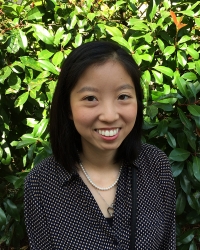
The Xiao research group develops new strategies to control the structure of porous frameworks and dense coordination solids across multiple length scales, from the molecular to the nano-, meso-, and macroscale. In particular, we are interested in how controlling both the local and long range self-assembly and structure of porous materials can lead to enhanced transport properties, new catalytic activity, and novel emergent behavior. Students in the Xiao research group will receive training in synthesis (inorganic, organic, materials), characterization (spectroscopy, diffraction, electrochemistry, gas sorption, electron microscopy), and catalysis. Read More
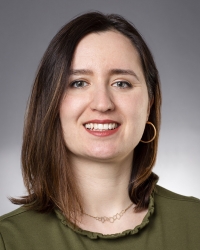
Alexandra Velian’s research group is pursuing the total synthesis of atomically-precise inorganic nanomaterials for catalytic, electronic and quantum information applications. In 2020, Alexandra received the NSF Career award funding work on elucidating and harnessing metal–support interactions in single atom catalysts using designer nanoclusters as functional models. Read More
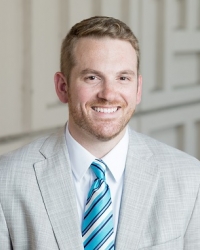
Nick launched the Riley Research Group at the University of Washington in September 2023. His independent program leverages creative technology development to study fundamental roles of glycosylation in cell surface biology, with a focus on glycocode regulation and dysregulation in cancer progression and metastasis. The Riley Research Group integrates MS-based multi-omics, chemical/molecular biology, and bioinformatics in a systems-level approach to glycobiology to further our understanding of human health and disease and to advance therapeutic glycoscience. Read More
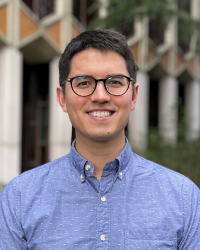
The Reed Lab studies the synthesis and properties of functional materials to be used to understand emergent physical phenomena or in applications such as advanced electronic devices or environmental remediation. We combine aspects of inorganic, organic, and nanomaterials chemistry to make hybrid materials with well-defined structural, electronic, and magnetic properties on the nanoscale. Students will develop skills in materials synthesis and utilize physical methods to understand these materials, including diffraction, gas sorption, spectroscopy, magnetometry, and device preparation techniques. Read More
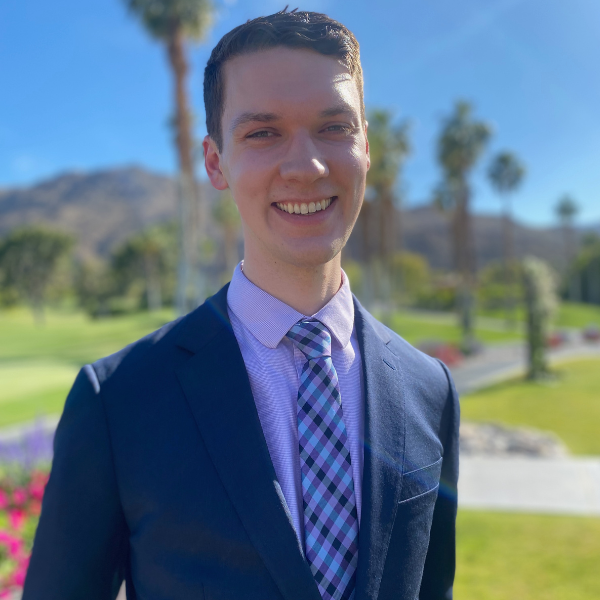
Karl’s interests span synthetic biology, metabolic engineering and their applications in bioproduction. During his undergraduate years, he delved into enzyme engineering research. Following graduation, he contributed to the development of T-cell therapies for cancer treatment at Bristol Myers Squibb. He holds a B.S. in biology and chemistry from the University of Washington. Read More
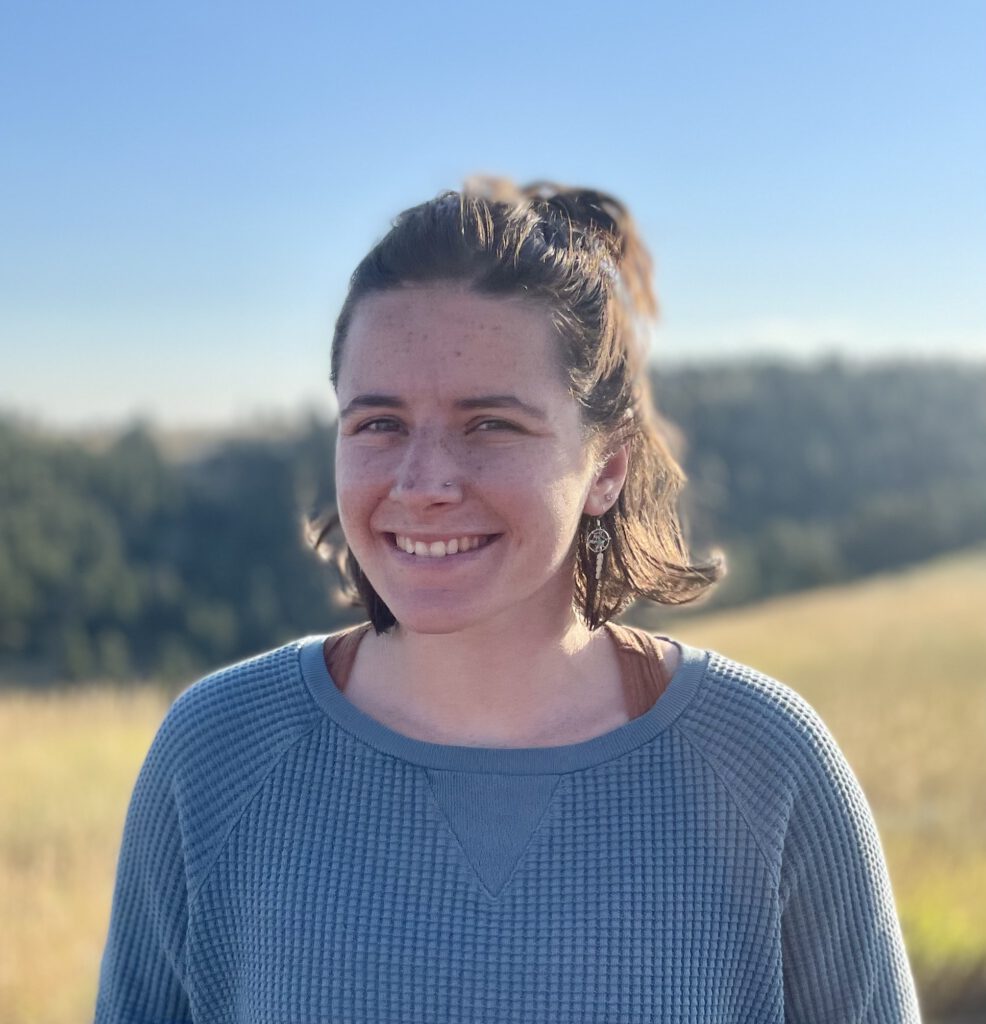
Jointly advised in the Carothers and Zalatan lab, Kira is developing tools for gene activation, inhibition, and base editing in bacteria. She is applying this work in metabolic engineering to rewire bacteria for bioproduction. She holds a B.S. in Bioinformatics from Wheaton College (MA) and previously worked as a computational biologist in cancer immunology at the Broad Institute. Read More
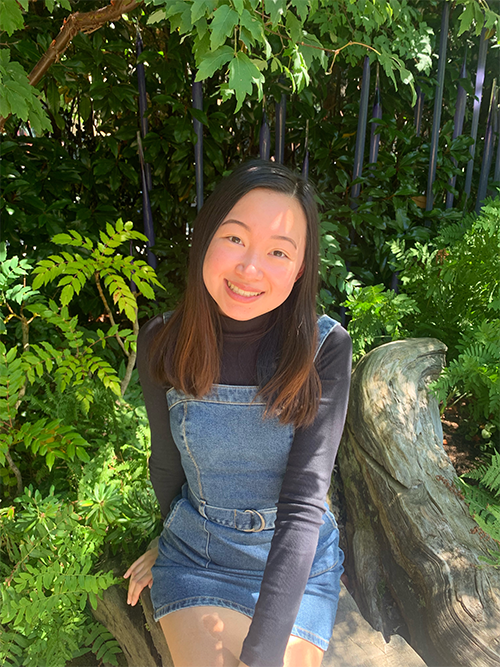
As a graduate student in Professor Ashleigh Theberge’s group, Ariel is working on developing and applying 3D cell culture platforms by utilizing open microfluidic principles to manipulate cell-embedded hydrogels. These platforms enable tissue models with multiple cell types, tunable stiffness, and a defined extracellular matrix, allowing for a more biologically relevant in vitro tissue culture method than the conventional 2D cell monolayer method. Ariel received her B.S. in Biochemistry from California State University, San Bernardino, and enjoys lifting and going to concerts in her free time. Read More
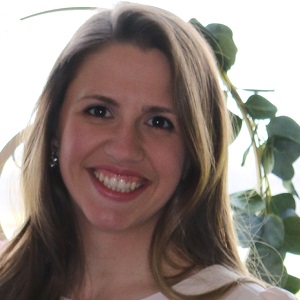
The Rajakovich Lab aims to discover and characterize novel enzymes and metabolic activities in bacteria, archaea, and host-associated microbiomes. We are interested in the unique metabolic strategies that microbes use to adapt to and influence their environments. Current focus areas include the human gut microbiota and chemistry in anaerobic environments. We use an interdisciplinary approach combining enzymology, microbiology, chemistry, and bioinformatics to link genes, enzymes, and biochemical functions and to elucidate the molecular mechanisms underlying those functions. Our goals are to illuminate the impact of microbes on the natural world and to manipulate and engineer microbial enzymes to improve human and environmental health. Read More
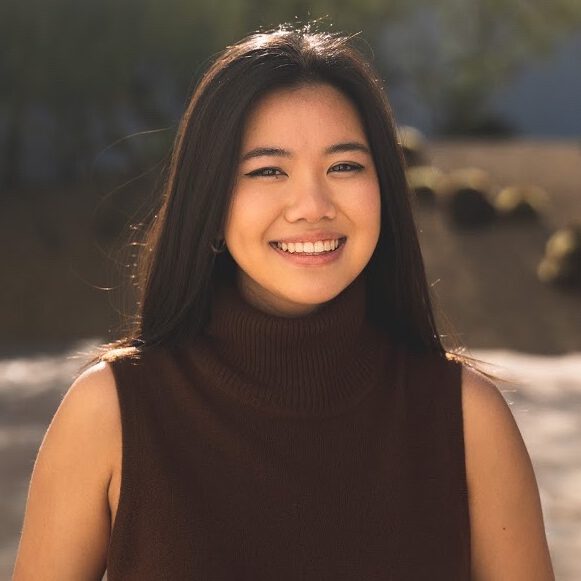
As a graduate student in Professor Alshakim Nelson’s lab, LeAnn is working on the development and characterization of bio-hybrid materials, commonly known as Engineered Living Materials (ELMs). Using 3D printing techniques, LeAnn aims to design more responsive and sustainable materials for both the health and industry sectors. LeAnn is a recipient of the Molecular Engineering & Sciences Institute Director’s Fellowship. She holds a B.S. in Microbiology, Immunology, and Molecular Genetics from the University of California, Los Angeles. Read More
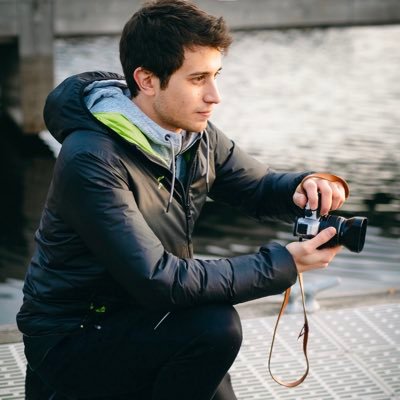
As a graduate student in the labs of James Carothers and Jesse Zalatan, Jason developed CRISPR-Cas tools that facilitate genetic engineering in bacteria to optimize biosynthesis of valuable products. He also served as a general board member of the Student and Post-Doc Association (SPA) of the Engineering Biology Research Consortium, a public-private partnership that focuses on advancing engineering biology to address national and global needs. After completing his Ph.D. in 2020, Jason stayed on as a postdoc in the Carothers lab, focusing on advancing technologies developed during his graduate work. Read More